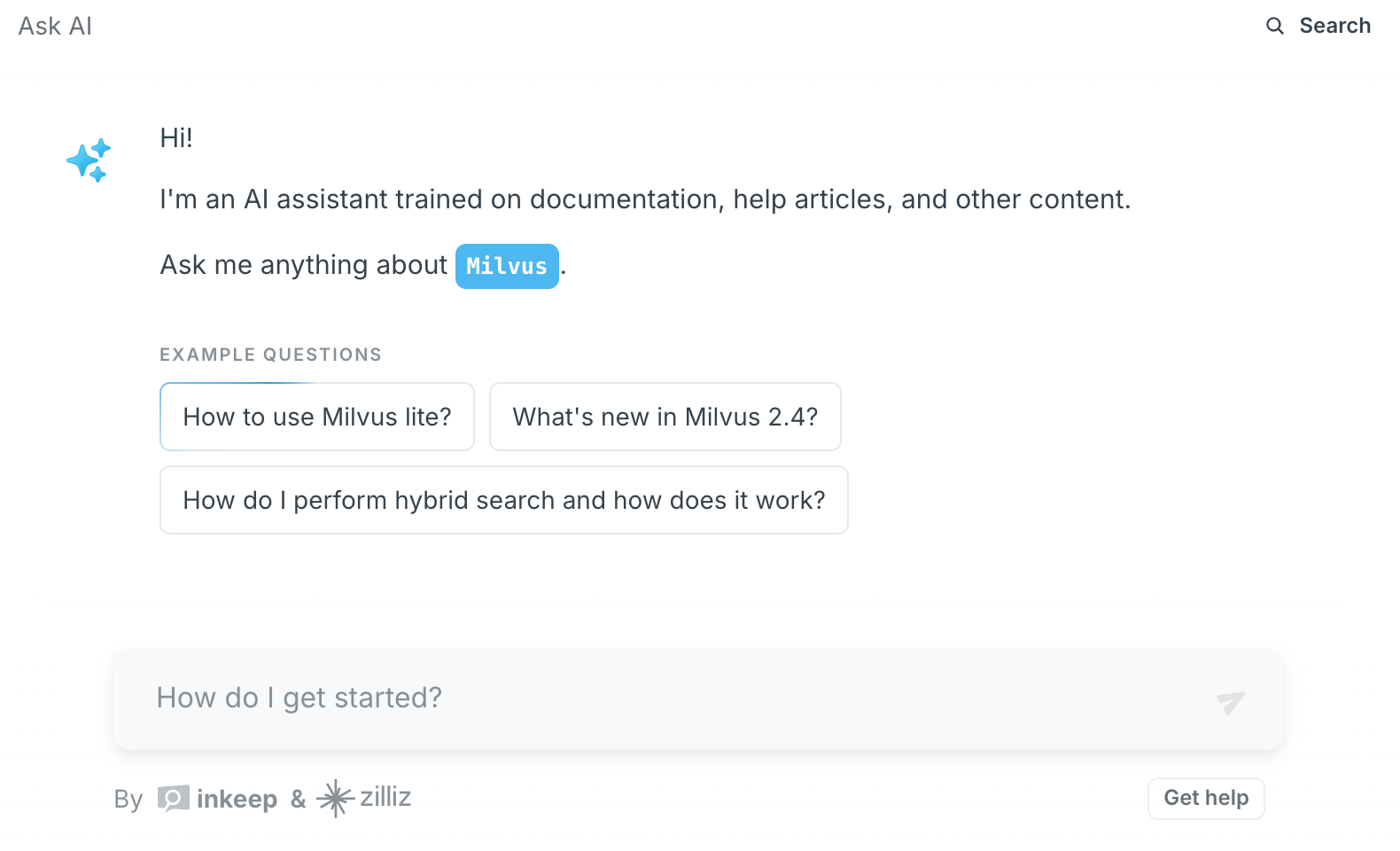Using only a dense vector retriever versus a hybrid retriever (dense + lexical) involves trade-offs between information coverage and system complexity. A dense retriever alone relies on semantic similarity, mapping queries and documents into a shared embedding space to find contextually relevant results. A hybrid approach combines this with a lexical retriever (e.g., BM25), which matches exact keywords or phrases. The hybrid method typically achieves broader coverage by addressing gaps in semantic or keyword-based search, but it adds complexity to the system through integration and maintenance of two retrieval mechanisms.
In terms of coverage, dense retrievers excel at understanding contextual meaning and handling paraphrased or synonym-heavy queries. For example, a search for “methods to manage stress” might retrieve documents about “anxiety reduction techniques” even if the exact keywords don’t match. However, dense models can struggle with rare terms, highly specific jargon, or exact phrase matches. Lexical retrievers fill this gap by prioritizing term frequency, making them better for precise technical queries (e.g., searching for “gRPC vs REST API performance”). A hybrid system combines both approaches, ensuring that both semantic relevance and keyword precision are addressed. This reduces the risk of missing critical results but requires balancing the strengths and weaknesses of each method.
System complexity increases with a hybrid approach. A dense-only retriever involves a single embedding model and a vector database, simplifying deployment and maintenance. In contrast, a hybrid system requires integrating two retrieval pipelines (e.g., FAISS for vectors and Elasticsearch for lexical search), merging results (e.g., using reciprocal rank fusion), and tuning parameters like weighting between dense and lexical scores. For example, merging might involve normalizing scores from both retrievers to avoid bias toward one method. While hybrid systems offer better coverage, they demand more computational resources, code complexity, and ongoing optimization. Developers must decide whether the improved accuracy justifies the added effort, especially in scenarios where keyword precision is critical (e.g., legal document retrieval) or where latency and simplicity are prioritized.
